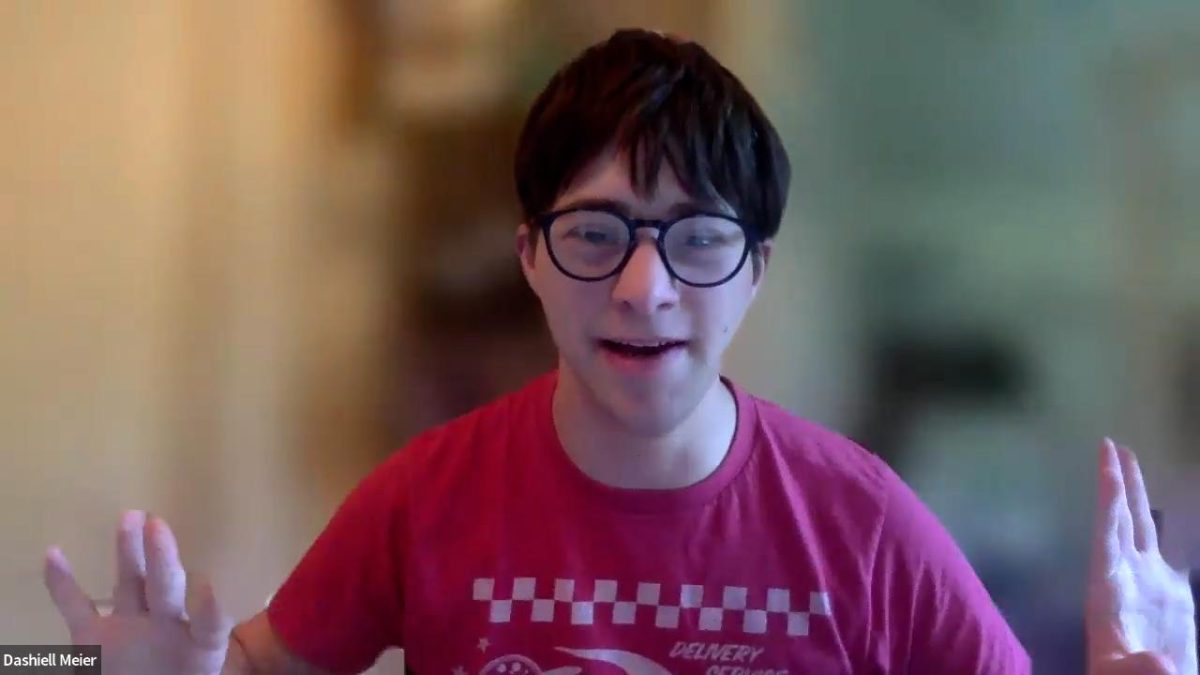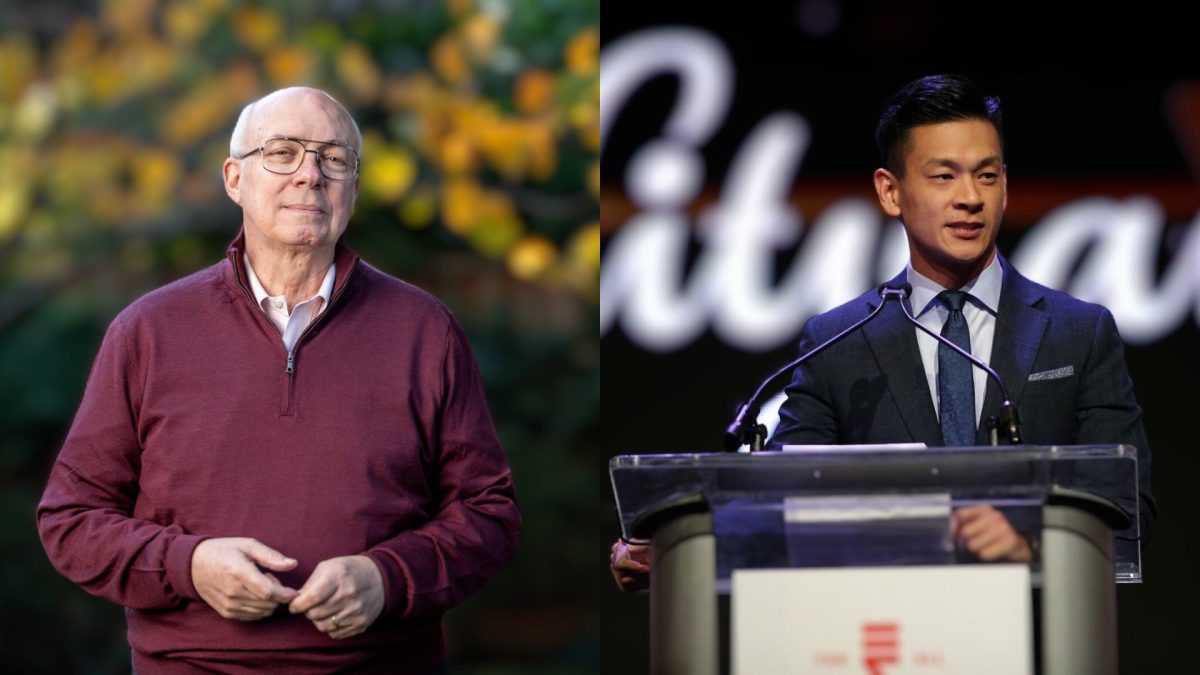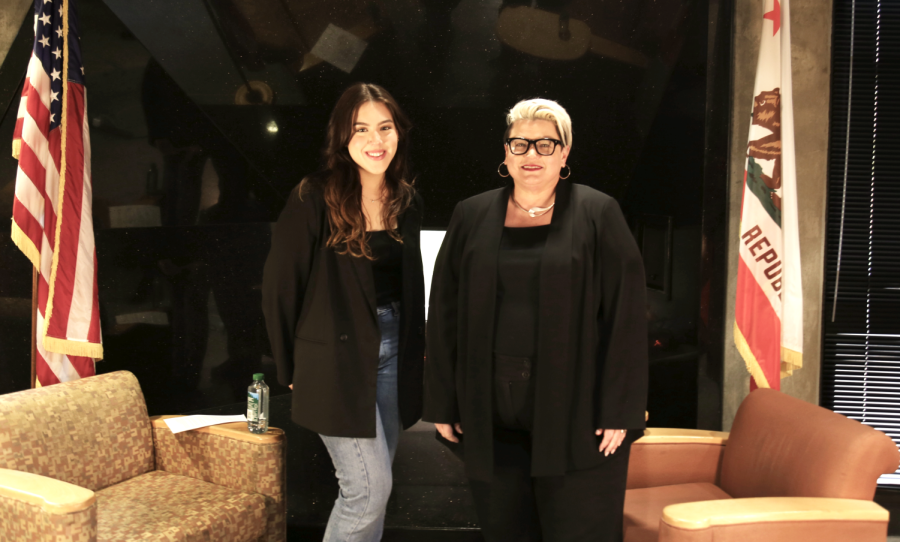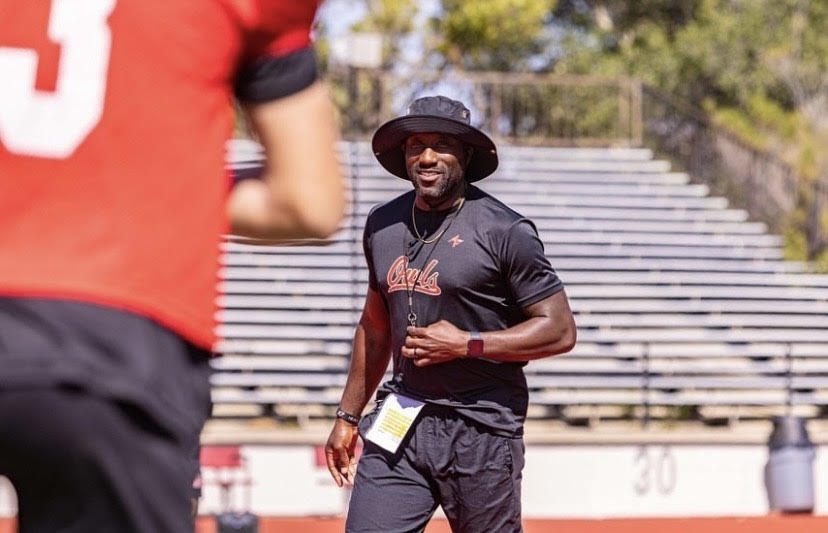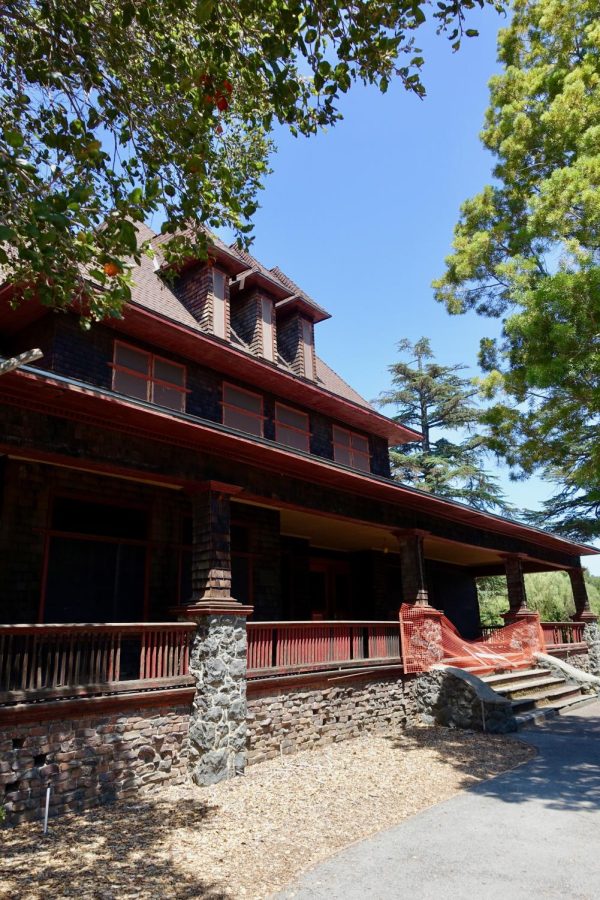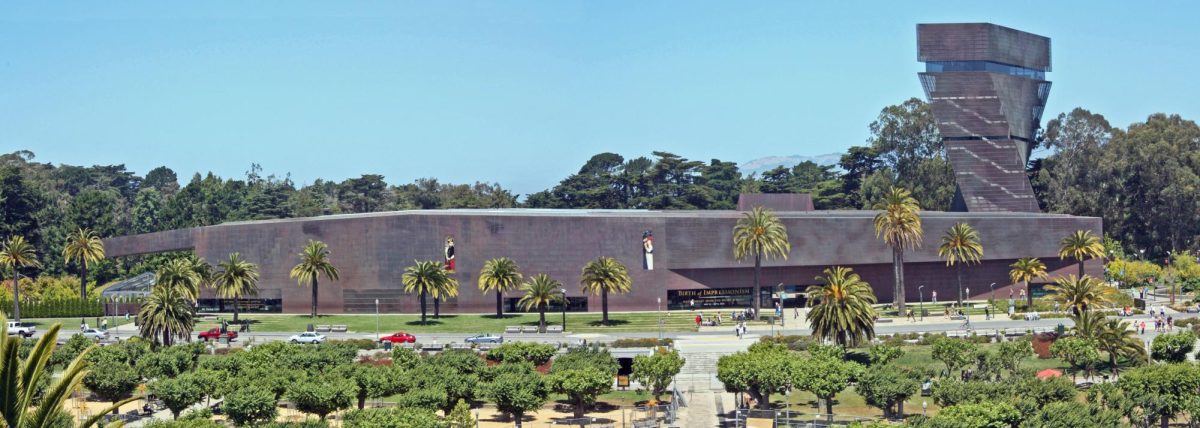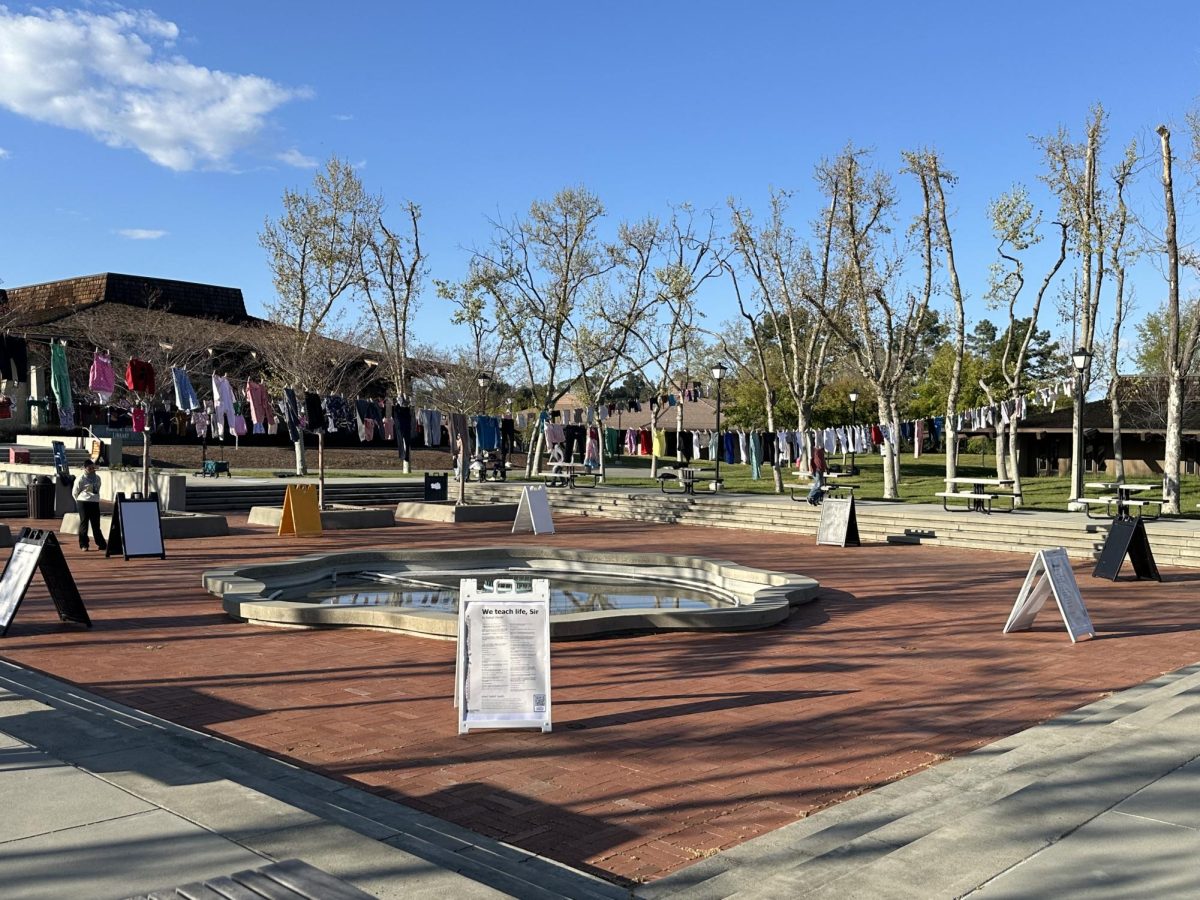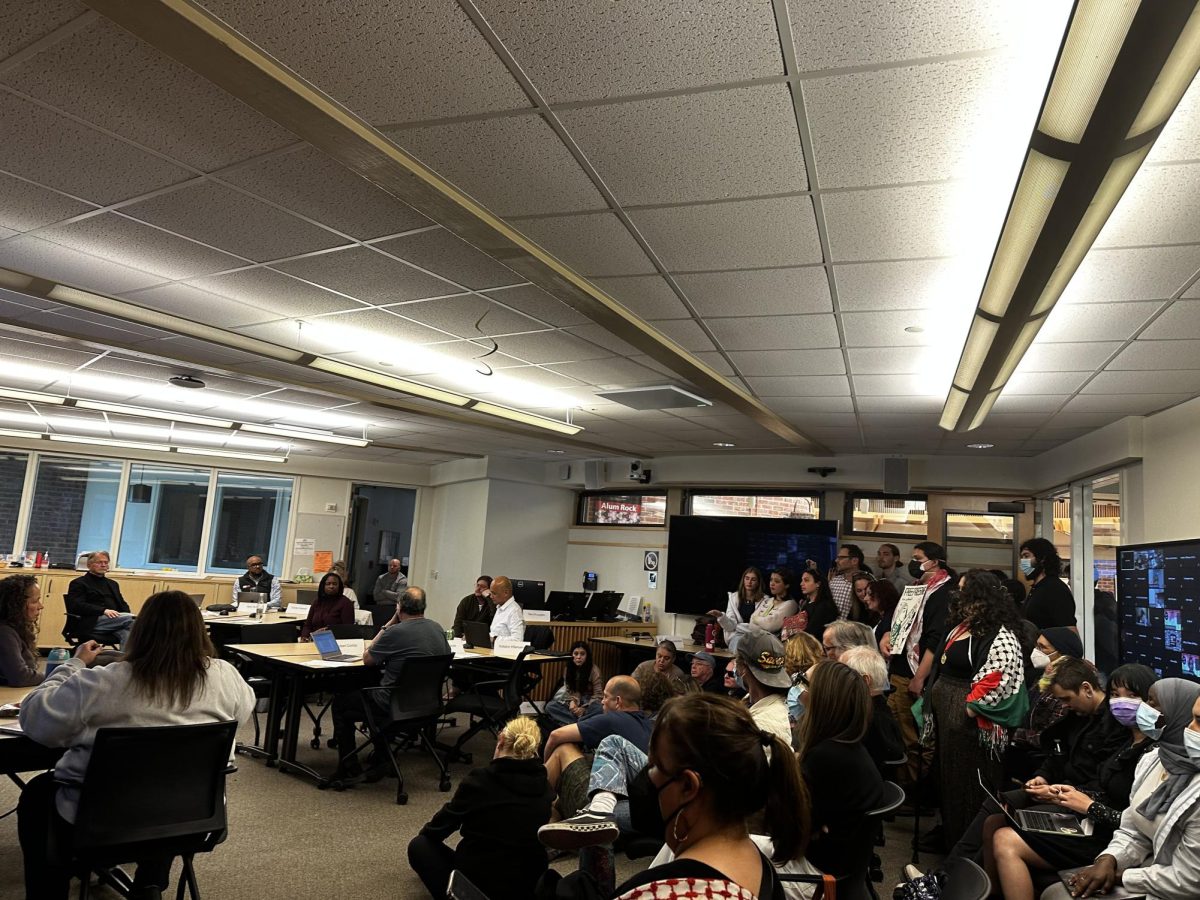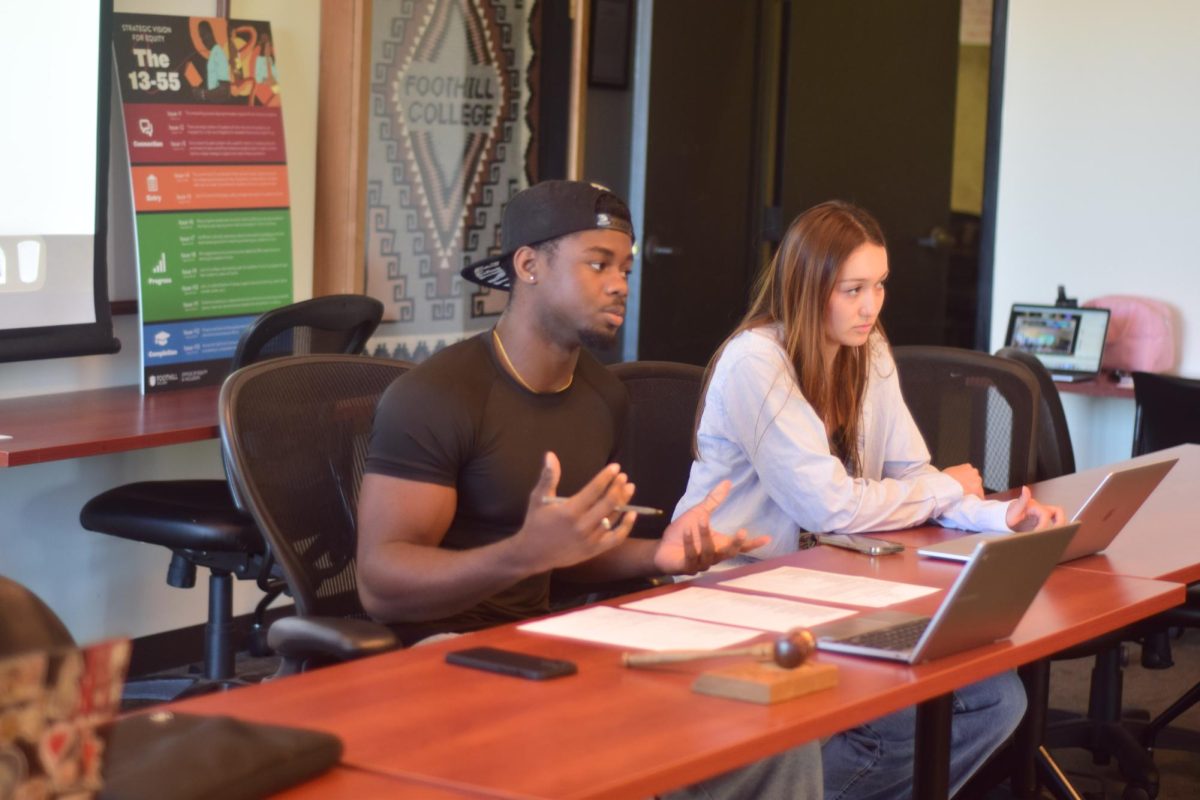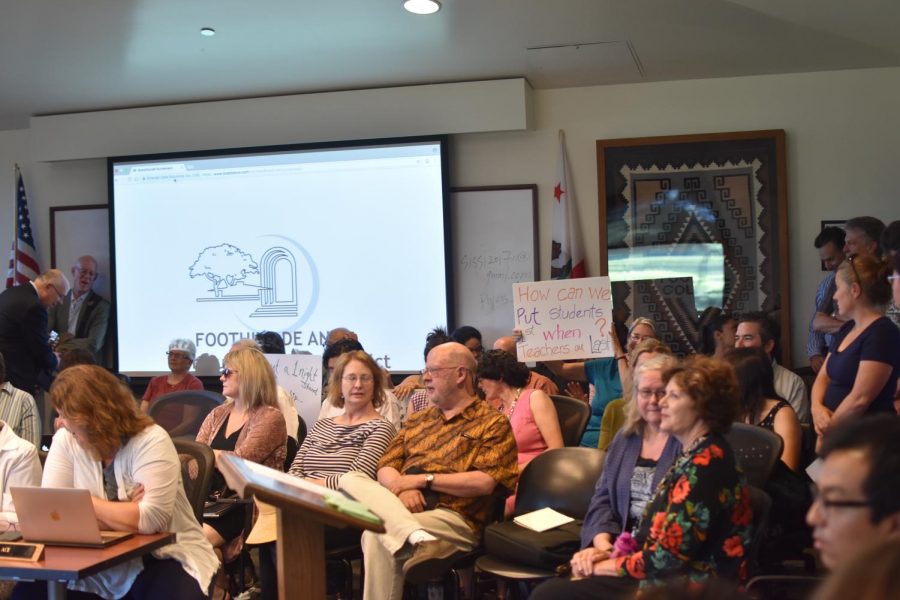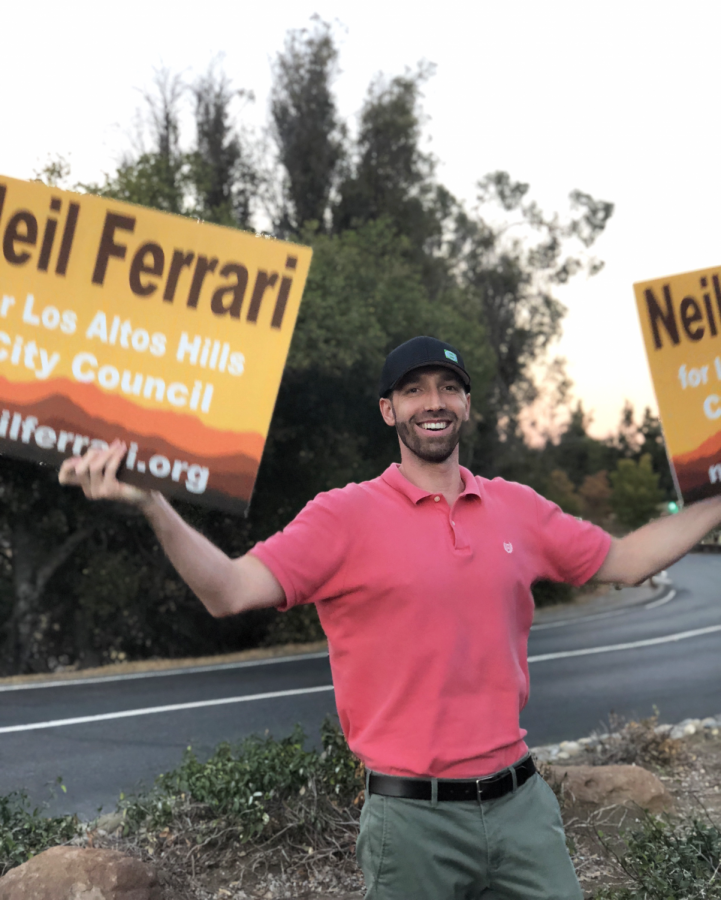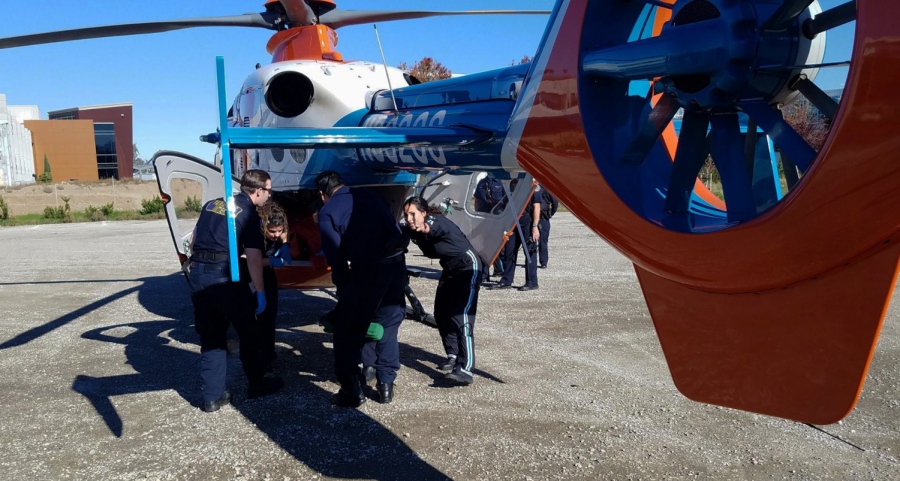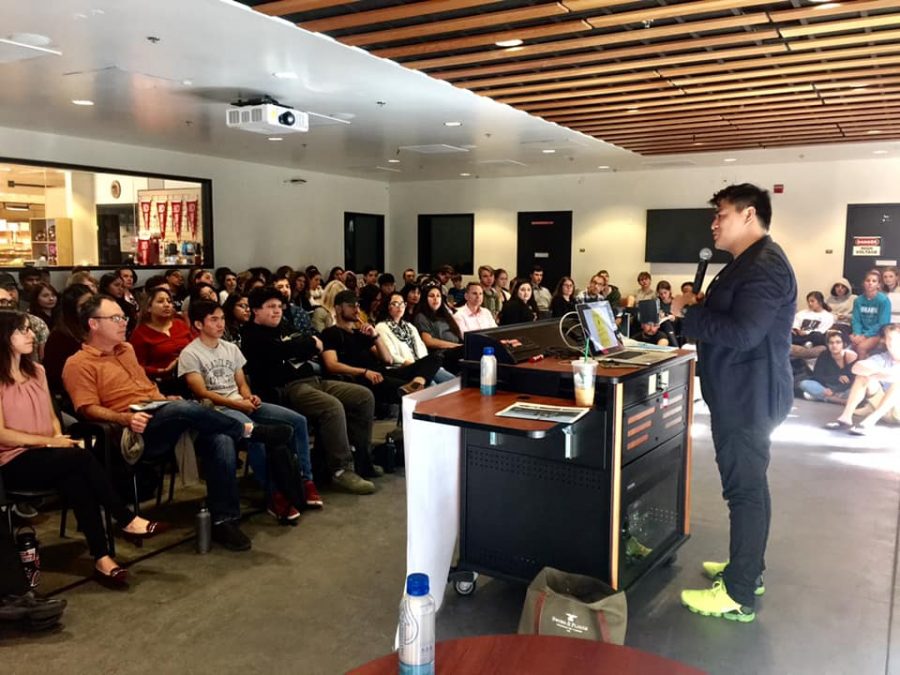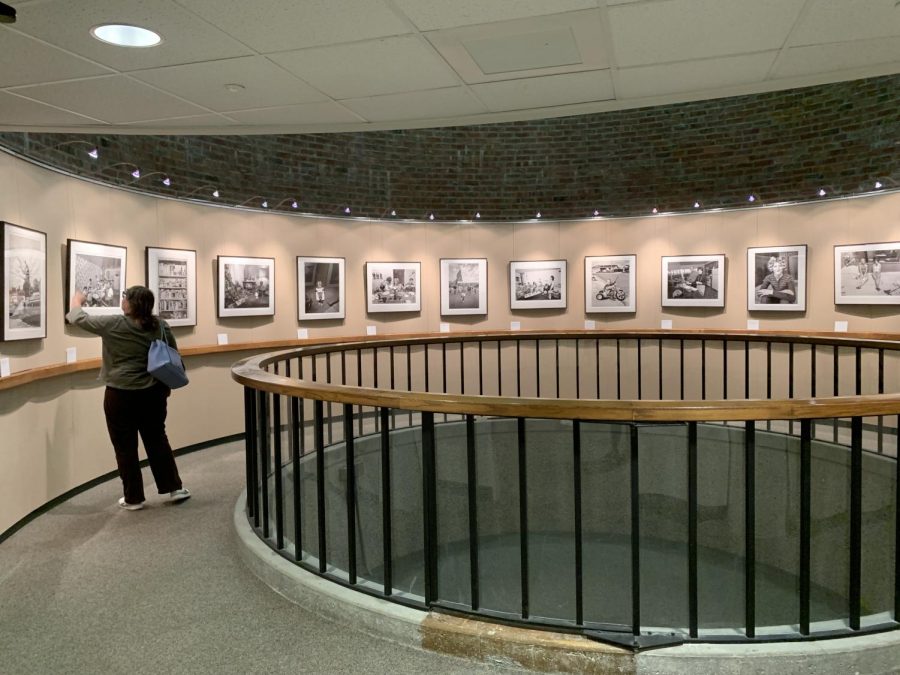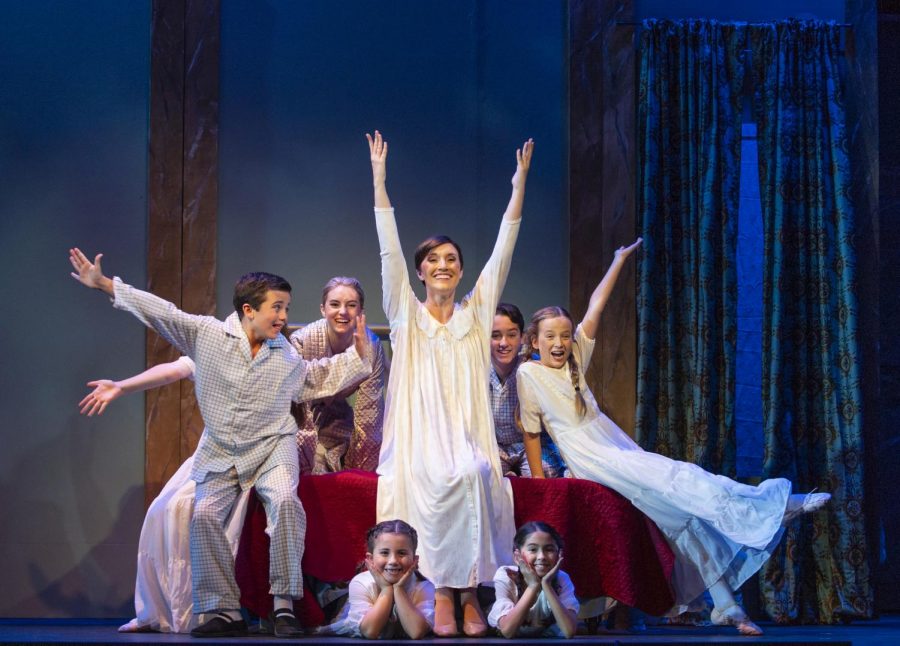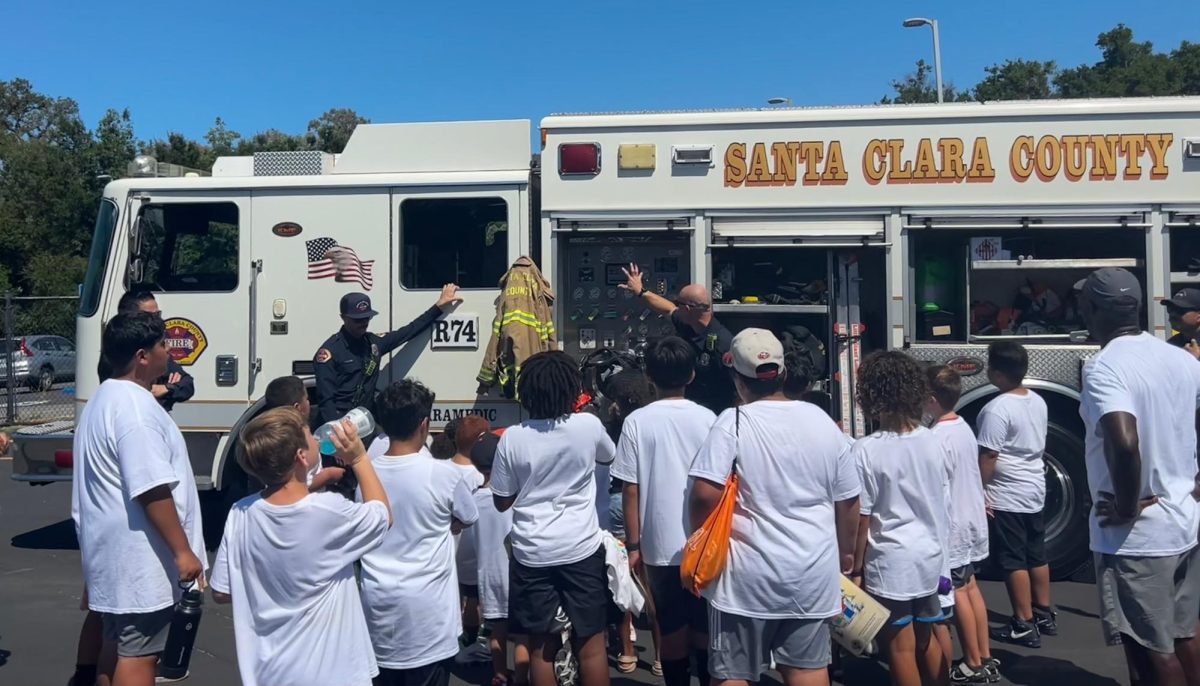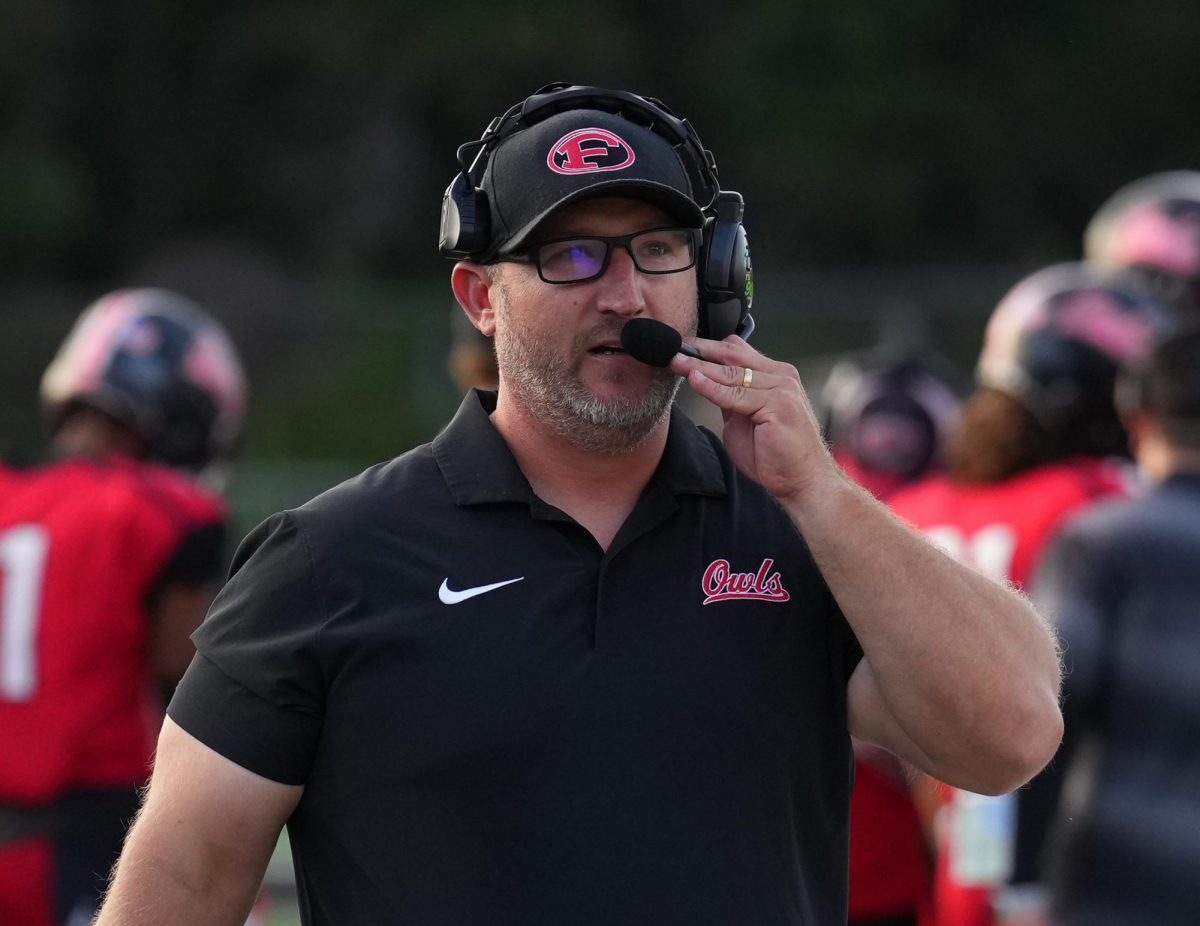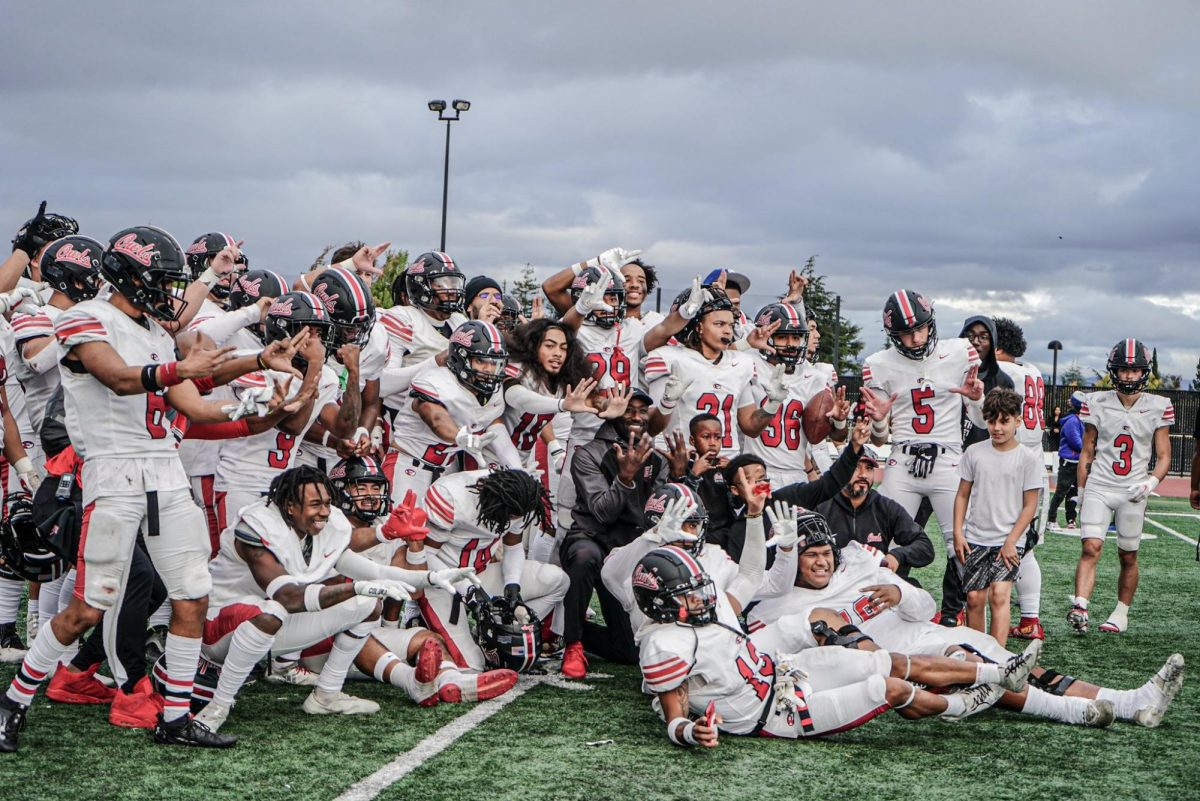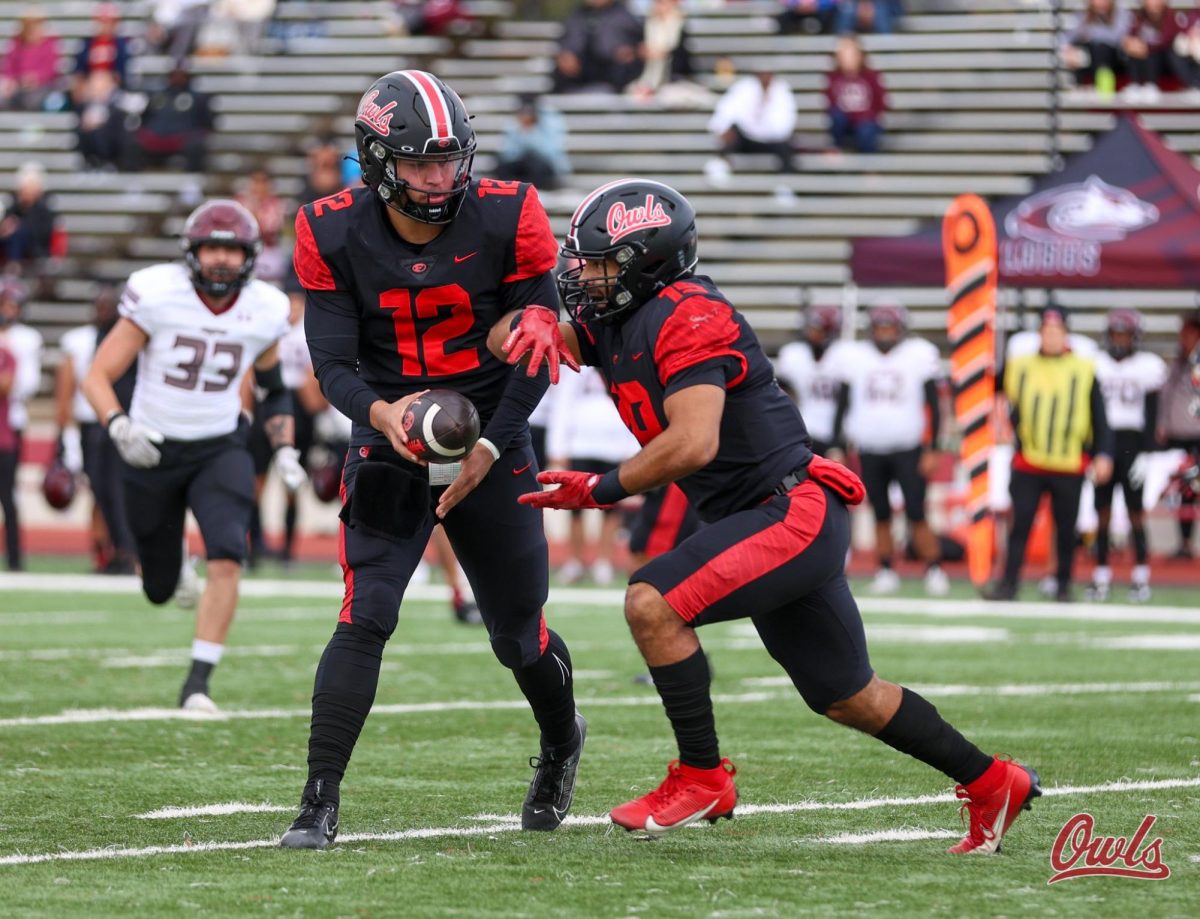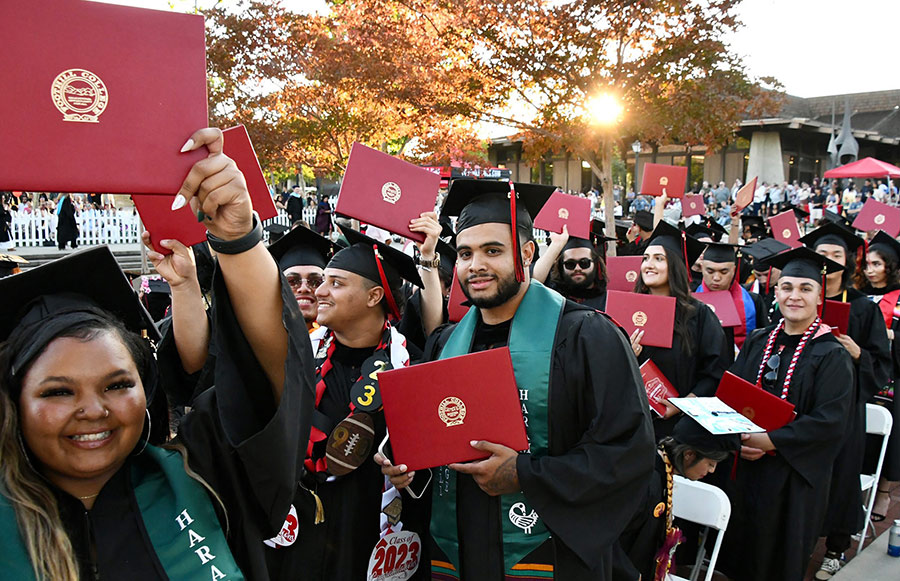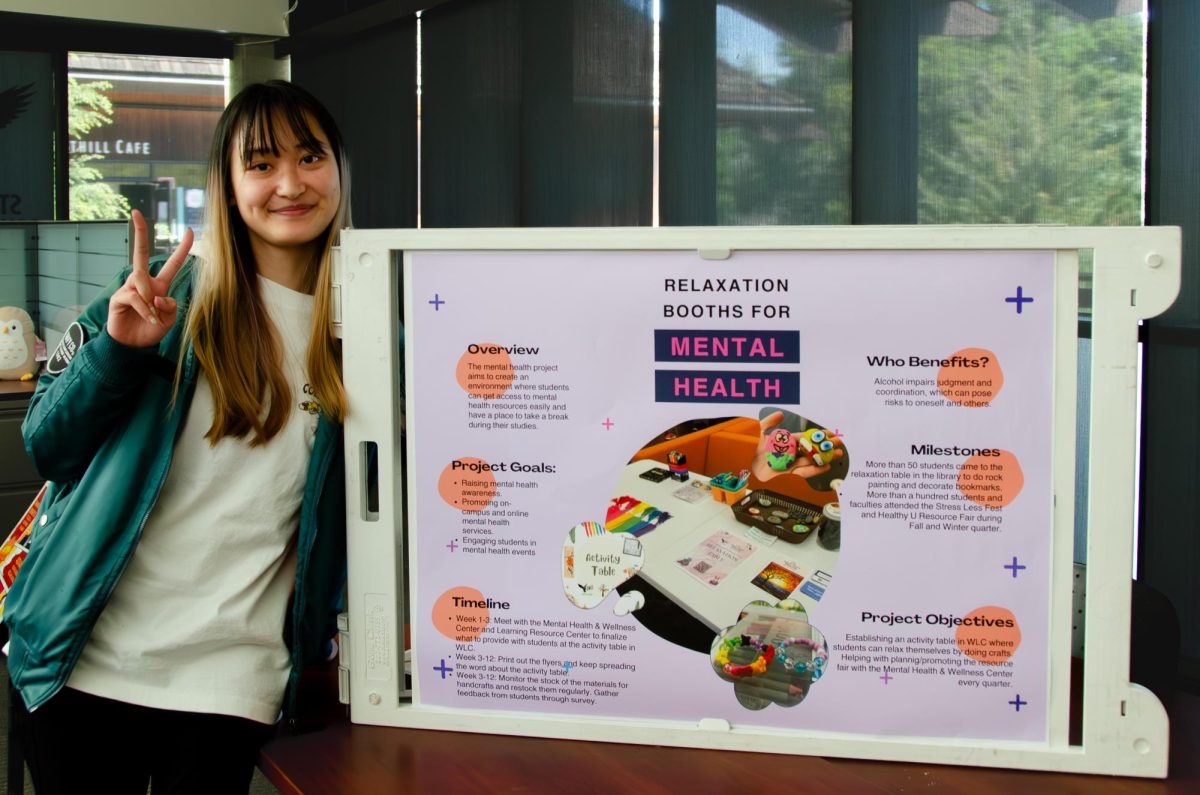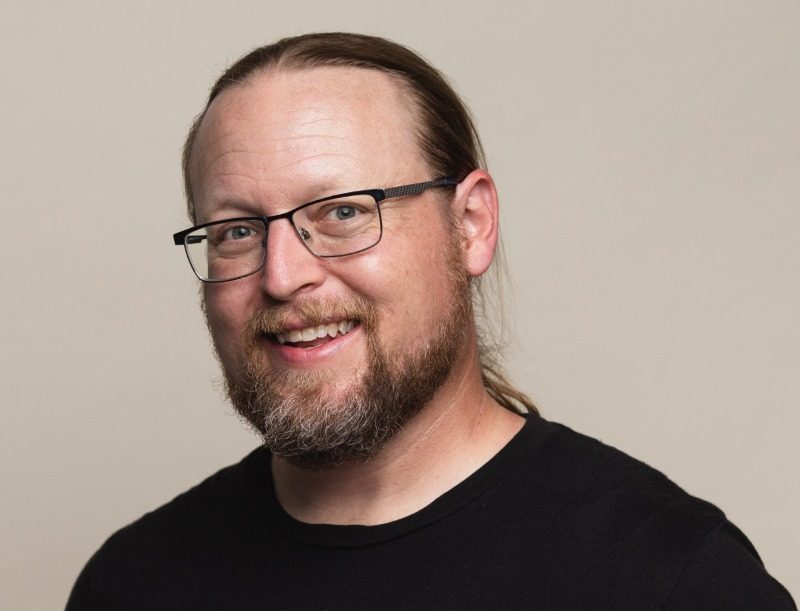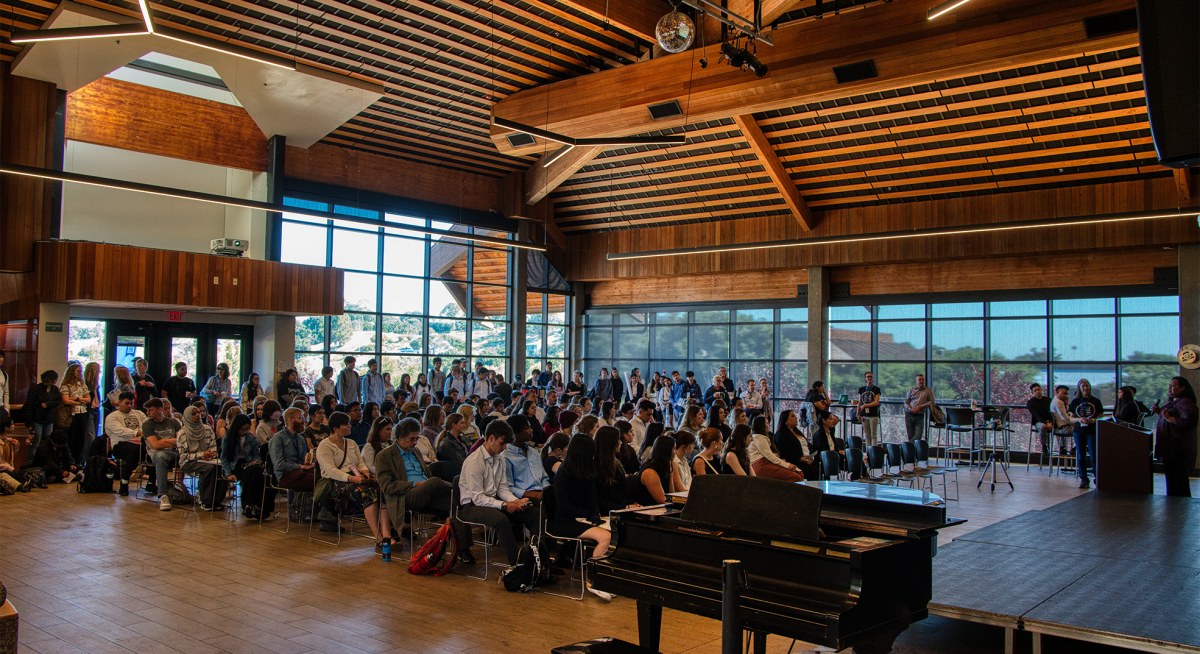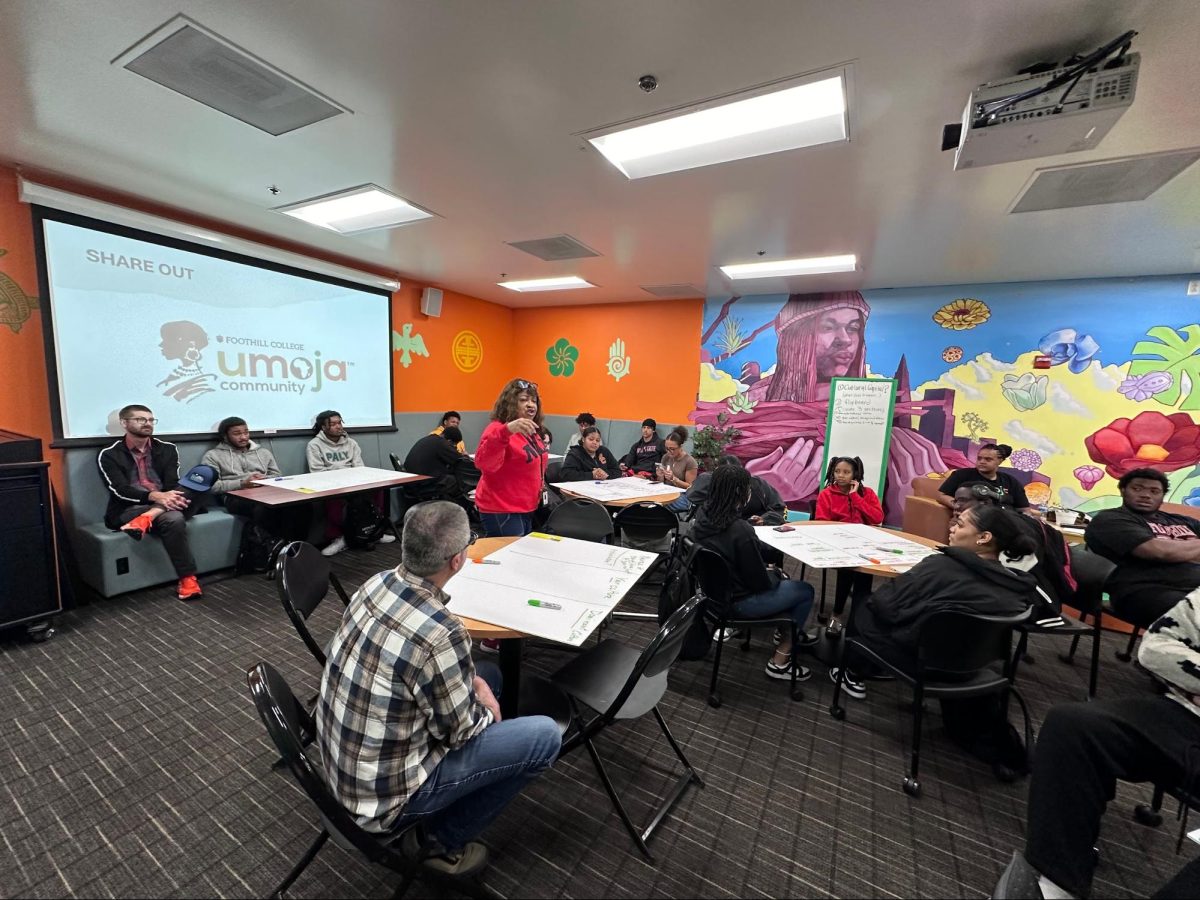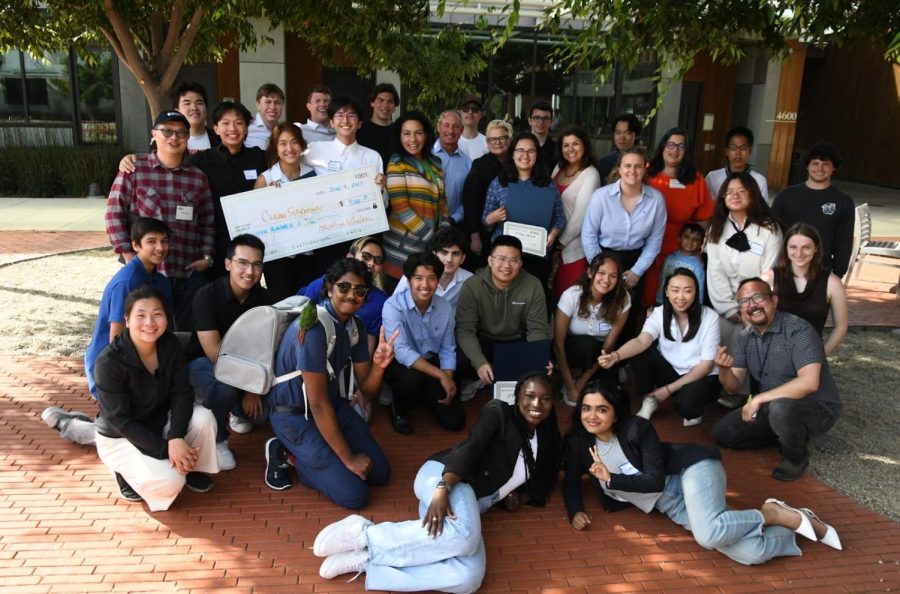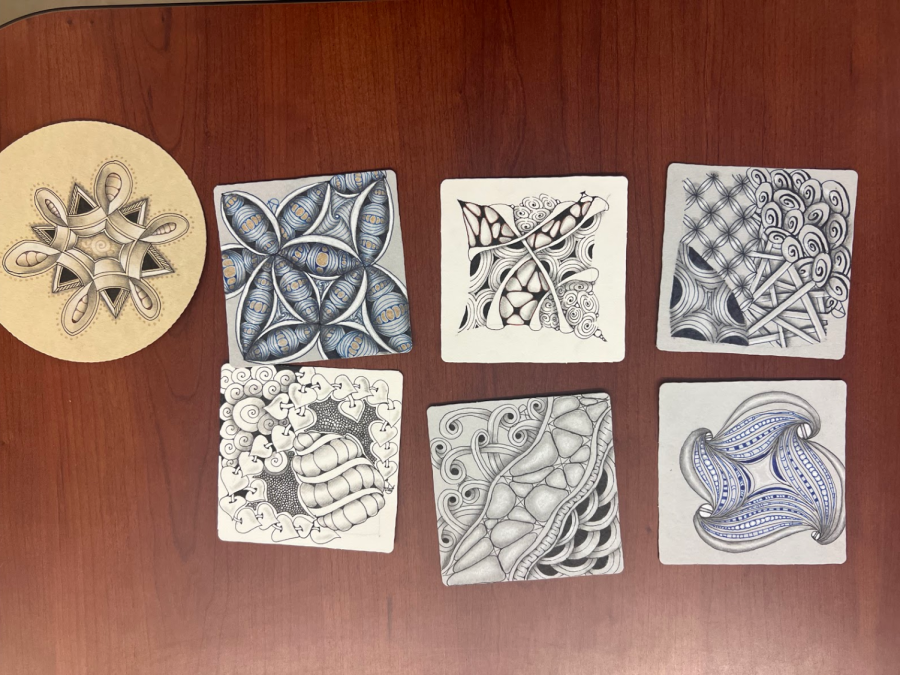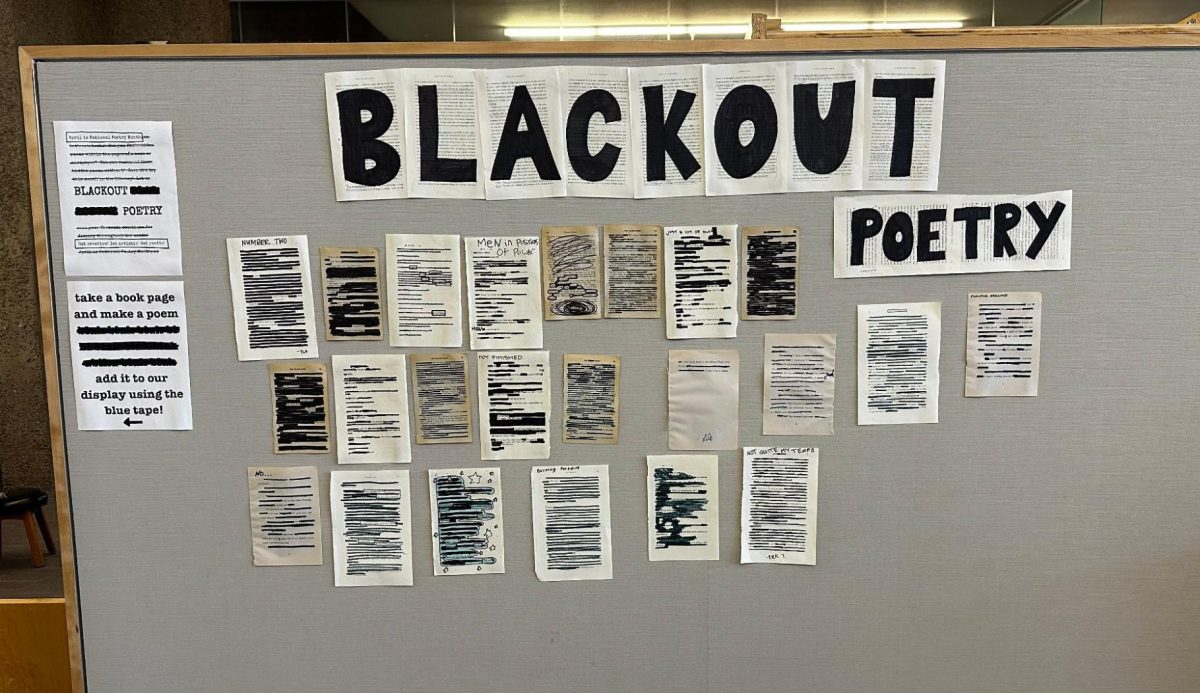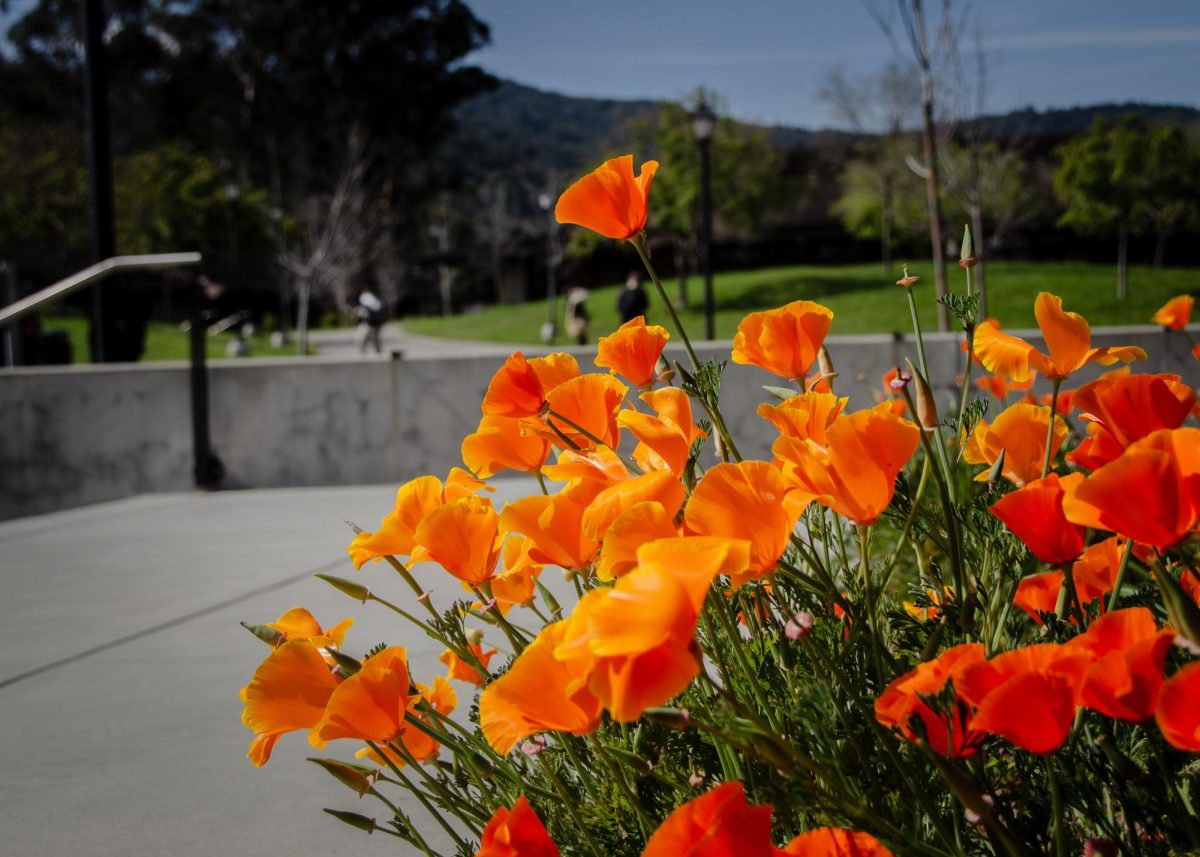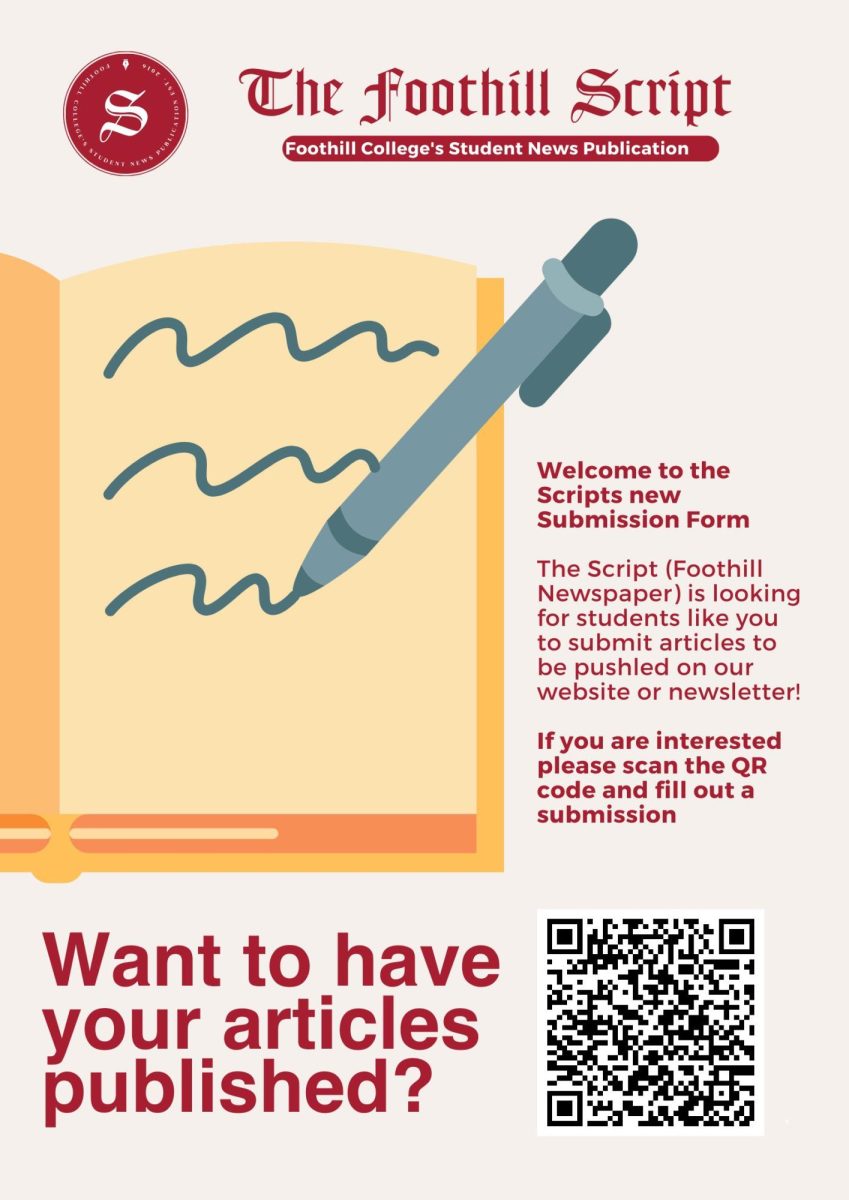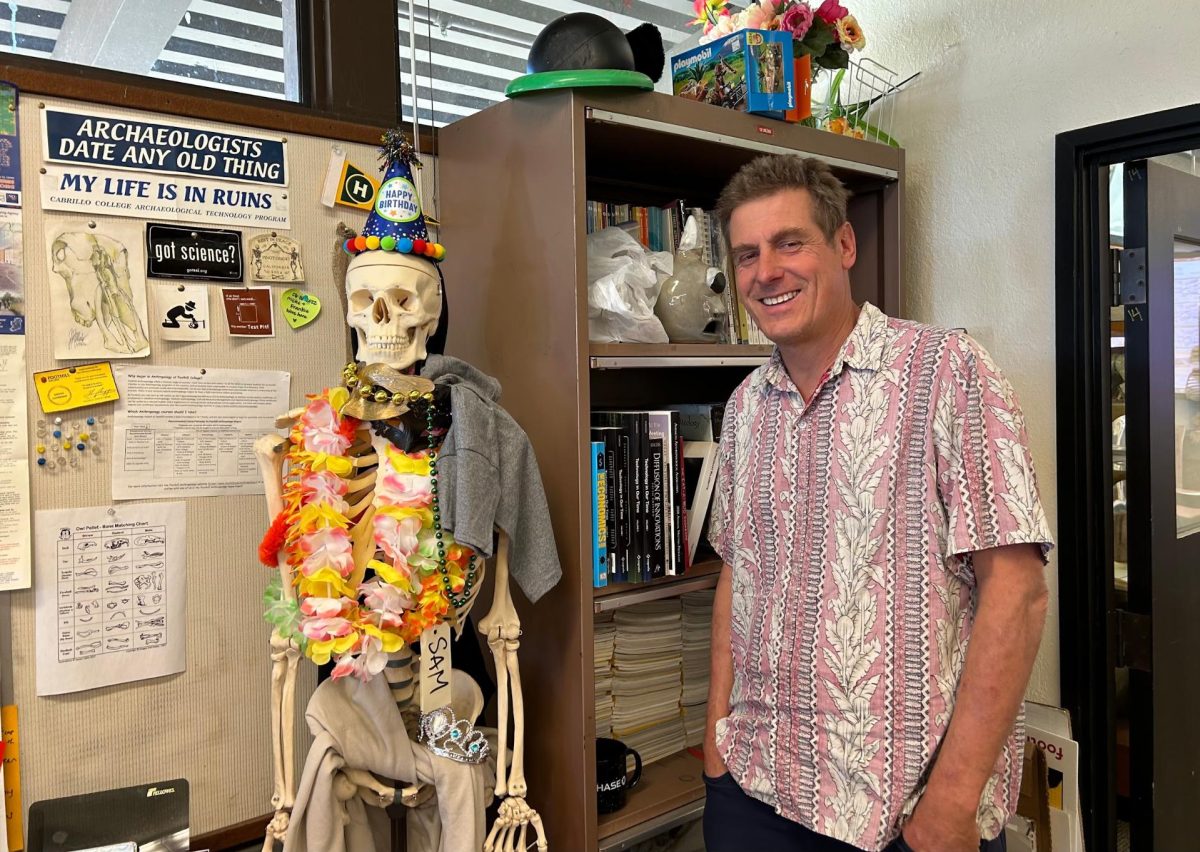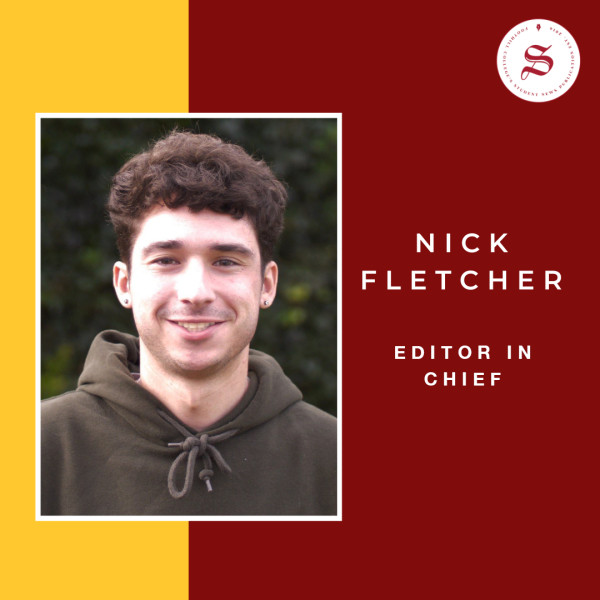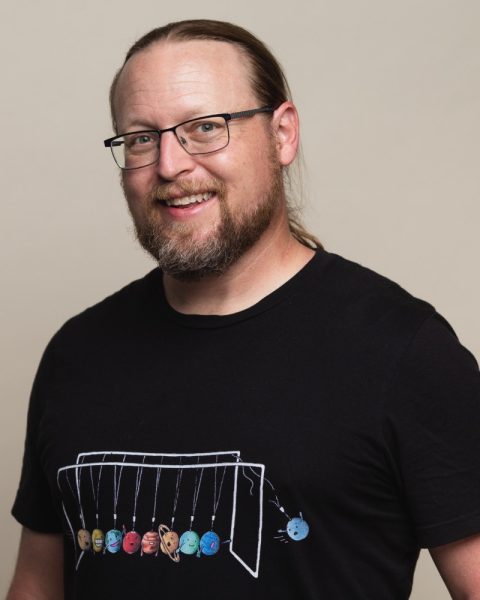
Long before Professor Geoff Mathews was conducting research into the formation of planets around brand-new stars, he was growing up in the desert of West Texas. On account of living in a farming community two hours outside of town, he read just about every book in his school’s library during his daily bus rides to and from school. During this time, Mathews discovered an innate desire to learn and expand his horizons.
Speaking on his first pursuits of higher education, he reflects, “Learning is this exponential process in that the more you have in your head, the easier it is to pick more stuff up… and I wasn’t science specific, I was everything specific. I wanted to know everything about everything.”
Even at a young age, Mathews realized that he would eventually have to pick one field as his specialty; from what he’d learned, he decided that a physics undergraduate degree would give him the best array of options. He also found himself becoming increasingly interested in becoming an educator.
When he began taking undergraduate classes at the University of North Texas, Mathews also began to develop his teaching abilities. He had the opportunity to help tutor students, and started utilizing this newfound experience seeing how people learn. “To teach is to learn twice. [Tutoring] was helping me to think through things from multiple angles, and so it ended up making my skill set a lot stronger.”
Mathews eventually went down to the University of Texas at Austin and became an inaugural student of their now world-renowned UTeach program. This program offers the opportunity to explore the cognitive science behind how people learn and construct an environment to cultivate that learning.
When asked about his first turn towards astronomy, the field he’d eventually get his PhD in, Mathews quips, “I was bitten by a radioactive astronomer!” The real answer is slightly less fantastical but still a great story, beginning with Mathews working as a high school physics and chemistry teacher right down the street from UT Austin.
The UT astronomy department had a monthly workshop for astronomy teachers that Mathews decided to check out, and ultimately enjoyed. He didn’t realize his level of adoration with the subject until a comment from a student changed his thinking. “One day one of my students raises her hand and says, ‘Hey Mr. M, why is it that every single example you give us is from astronomy?’ And I wrote grad school applications that night.”
That one question ended up changing the trajectory of Mathews’ life. He eventually made his way to the University of Hawaii at Manoa, an easy sell for the weather and its exceptional graduate program for astronomy.
When deciding what to focus on for his research, Mathews didn’t have to look far before realizing where his intrigue in astronomy was cultivated. “The workshop I was going to in Austin was a research project that was developing tools for studying how planets formed around stars. That was a really cool topic for me.” This innate interest in the creation of planets became Mathews’ everyday work for the next 6 years.
In astronomical research, there tends to be two main categories that work falls into: theoretical and observational. Mathews was on the latter side, trying to carry out observations to compare to calculations and adding to the combined effort between both types of researchers.
Mathews spent time focusing on certain groups of stars that were about five million years old, infants in the grand scheme of the universe. By doing spectroscopy with the Herschel Space Telescope, he and his team looked for evidence of planets forming via signs such as the specific glow of oxygen or carbon gas.
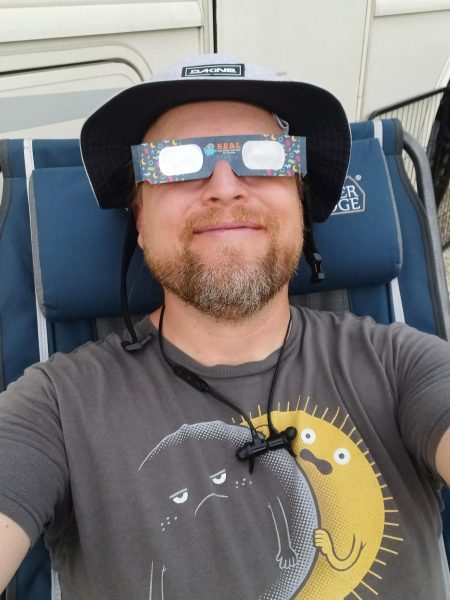
While this work was thrilling, the most exciting part to Mathews consisted of bypassing one of the fundamental restrictions of physics. While bigger telescopes were previously the only way to identify smaller details, he utilized a widespread group of radio telescopes to see these details up close. With these innovative tools, baby pictures of solar systems were born.
Battling through the extremely rigorous process of initial research and competing for telescope access, Mathews was able to create something amazing. “Having this [image] pop up on my screen and being able to say, right now, I am the only person on Earth who knows that this star, this sunlike star, has a disk of material around it forming planets,” he proudly states. “That was a really cool moment.”
Yet Mathews is sure to be vigilant in checking his work over and over again. He let that “really cool moment” last about 10 minutes before running down the hall, to double and triple-check with his advisor and peers.
After acquiring his PhD, Mathews had a decision to make. Would he return to a teaching environment where he could do additional research, or take on the opportunity to be a full-time researcher? He initially decided on the latter and set off to The Netherlands to begin a research position and capitalize on his current place on the cutting edge of astronomical exploration.
Mathews loved living in Holland, especially its bike-focused infrastructure, but his alma mater UH Manoa reached out for his assistance. They were starting their undergraduate astronomy and astrophysics programs, and he saw it as a perfect opportunity to combine his astronomy experience with his aptitude for teaching.
As a faculty member at UH Manoa, he helped form the program and the courses, while also teaching some of the classes. “That was an incredible experience,” Mathews reflects. “I’m still in touch with some of my students who I did research mentoring with. It was great to go back to Hawaii.”
After this successful return to Hawaii, Mathews still had an inclination to focus on the general education experience that he had developed as a student at UT Austin. The impact he had at UH Manoa was very deep, yet it was inherently narrowly focused.
Foothill College presented itself as the perfect place to have that more widespread impact. While Mathews’ Foothill astronomy courses are certainly extremely informative about our universe, his “secret mission” is to teach students these deeper reasoning skills.
“The positive impact I can bring [by] helping 300 people a year develop their ability to reason about the world based on evidence… there’s a lot of ripple effect value from that.”
When asked about his thoughts on his future in education and if more research would ever be in the cards for him, Mathews is quick to pledge his happiness with his current role here at Foothill.
“I don’t know if people understand how rare Foothill College is in terms of being an institution that has really doubled down and focused on effective education. You look at the mission statement, ‘preparing students to address complex societal challenges.’ And it’s not just words. My colleagues believe in that mission.”
Mathews is currently on Professional Development Leave, an opportunity afforded by Foothill for professors to take time from the rigorous schedule of teaching multiple courses. He is using this opportunity to read up on the always-evolving advancements in the world of astronomy, create astronomical resources (many of which are hand-coded computer simulations of astronomical processes), and continue to improve his courses for his students.
Mathews will be returning as a full-time professor in the Fall quarter of 2024. Don’t miss your chance to register for one of his courses. He provides an opportunity to learn incredible things about our universe, as well as integral lessons about how to think like a scientist in your everyday life.


